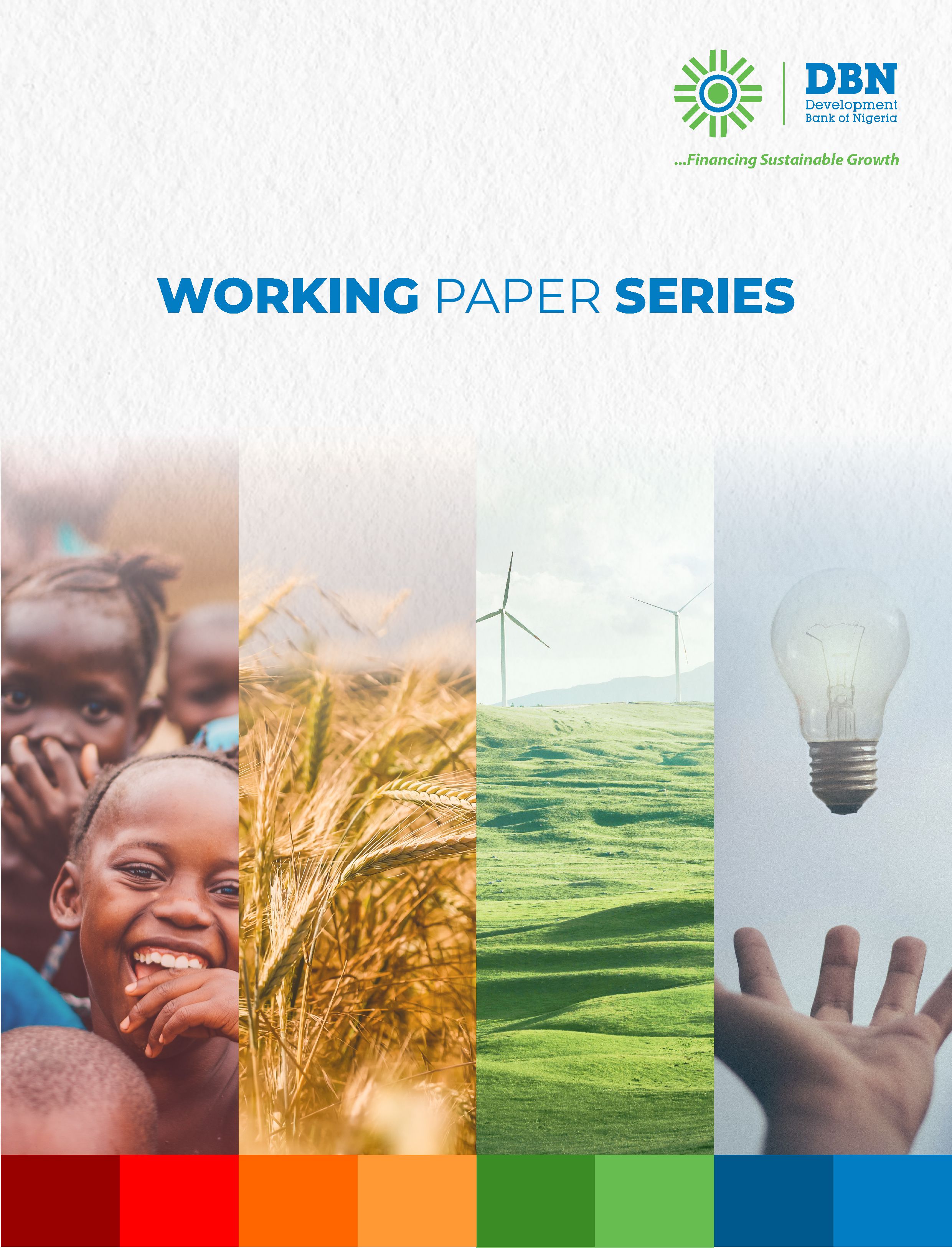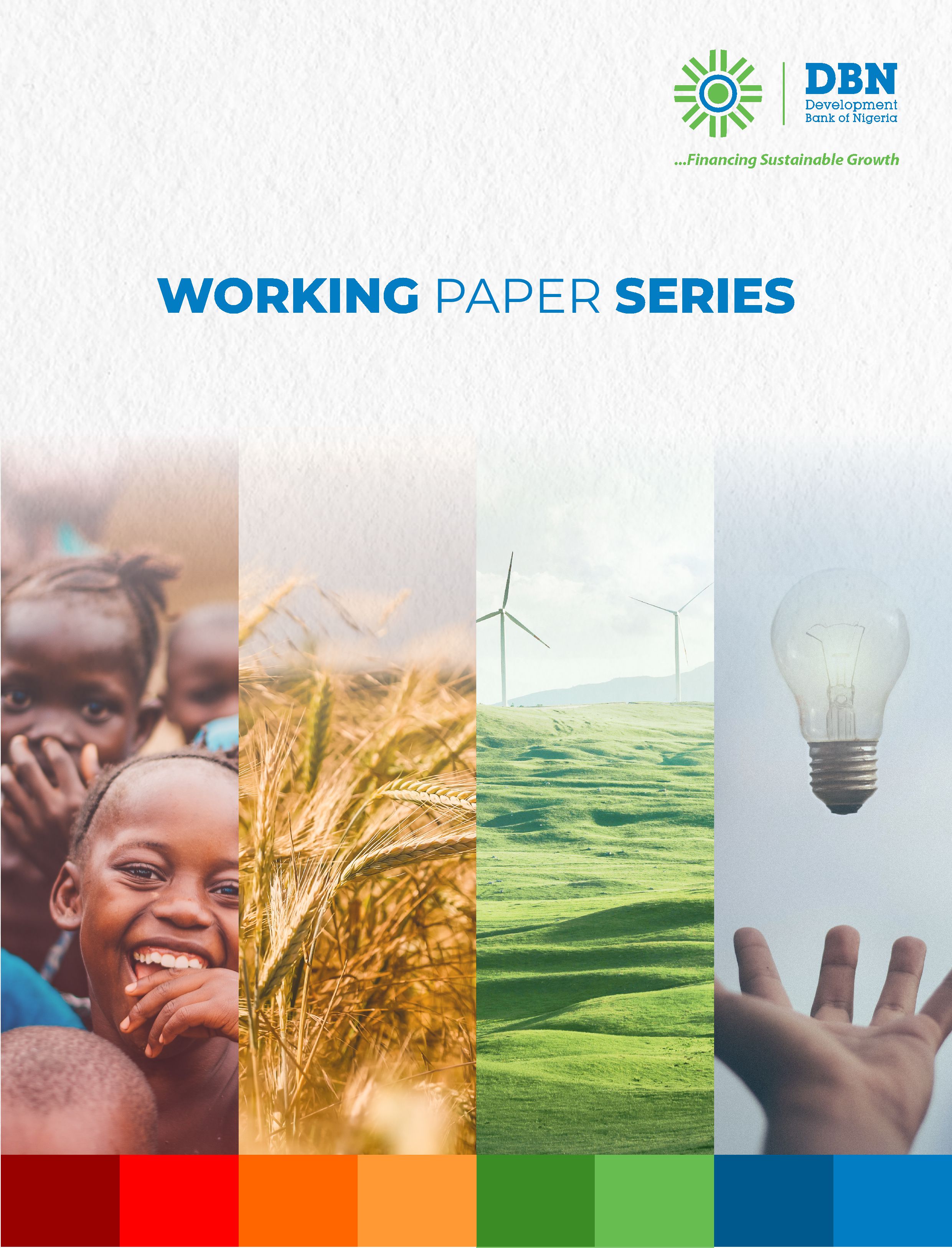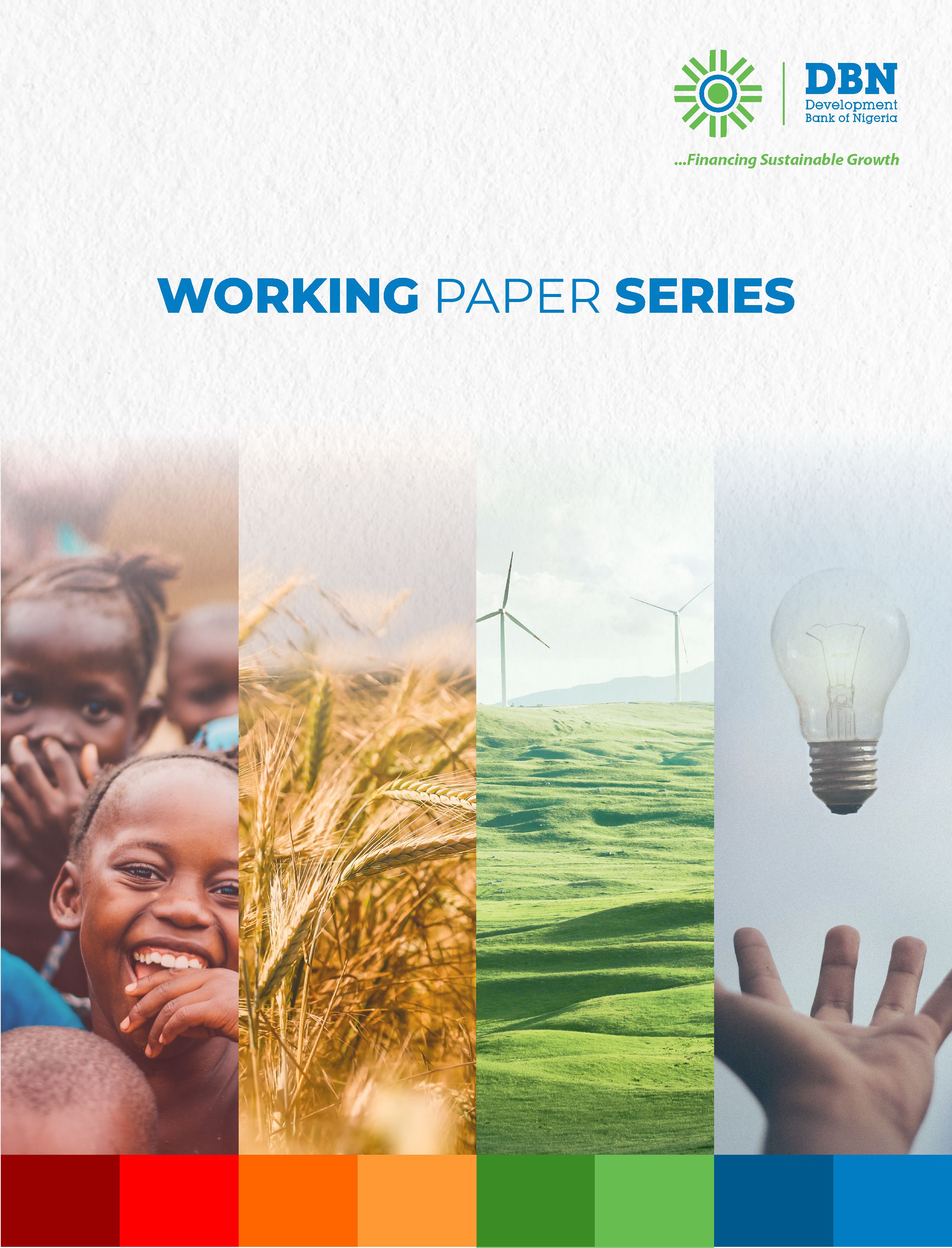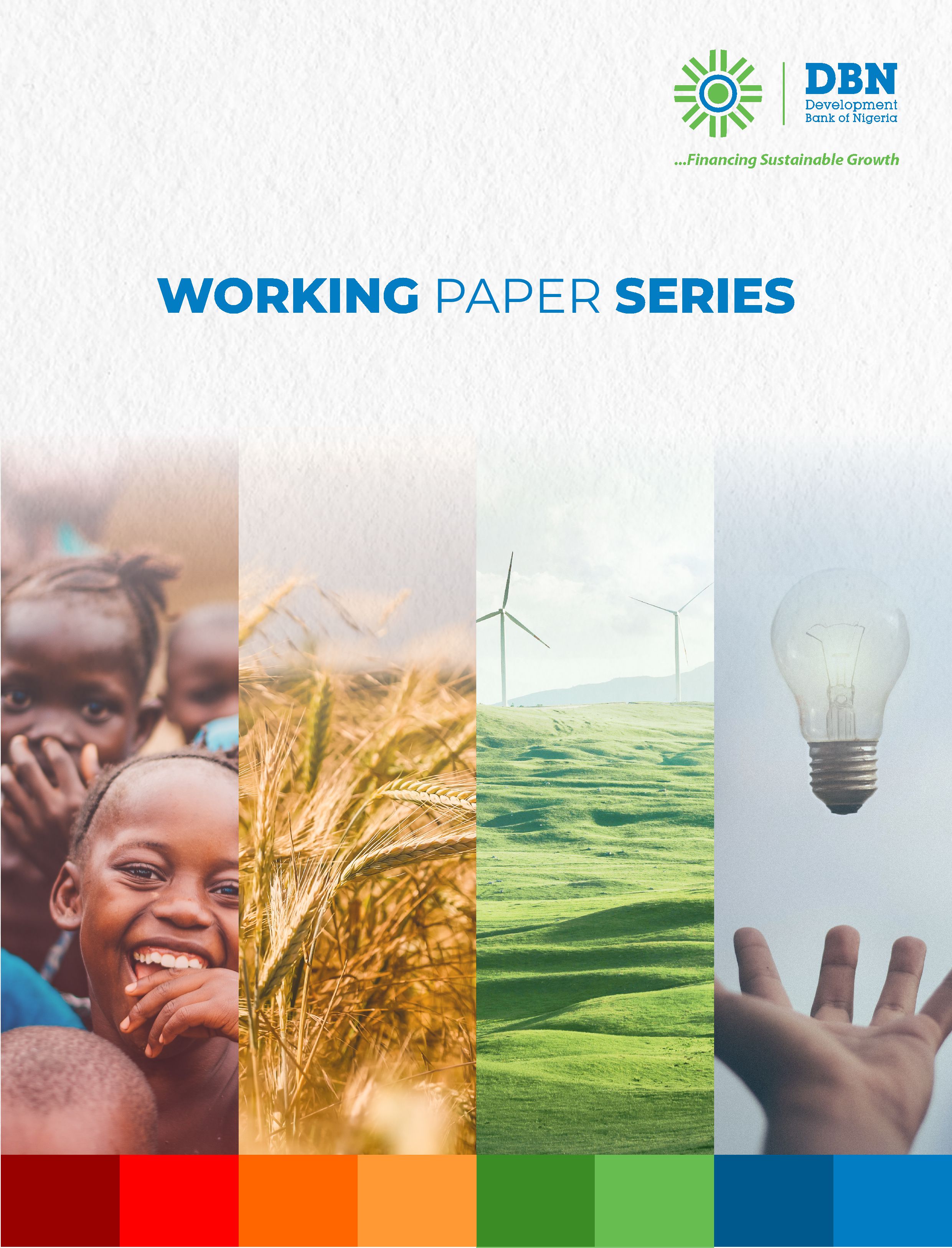
Publication Information
Published by: Admin
Published: 1 year ago
View: 327
Pages: 20
ISBN:
Abstract
This study assesses the relevance of foreign aid in the incidence of capital flight on unemployment in 20 countries in sub-Saharan Africa. The study is for the period 1996-2018, and the empirical evidence is based on interactive quantile regressions in order to assess the nexuses throughout the conditional distribution of the unemployment outcome variable. From the findings, capital flight has a positive unconditional incidence on unemployment, while foreign aid dampens the underlying positive unconditional nexus. Moreover, in order for the positive incidence of capital flight to be completely dampened, foreign aid thresholds of 2.230 and 3.964 (% of GDP) are needed at the 10th and 25th quantiles, respectively, of the conditional distribution of unemployment. It follows that the relevance of foreign aid in crowding out the unfavorable incidence of capital flight on unemployment is significantly apparent only in bottom quantiles or countries with below-median levels of unemployment. Policy implications are discussed. The study complements the extant literature by assessing the importance of development assistance in how capital flight affects unemployment in sub-Saharan Africa.
Nicholas M. Odhiambo Mr
Simplice A. Asongu Prof
Related Publications

VOLUME 7 ISSUE 4 2024
Governance in mitigating the effect of oil wealth on wealth inequality: a cross-country analysis of policy thresholds


VOLUME 7 ISSUE 4 2024
Remittances, Natural Resource Rent and Economic Growth in Sub-Saharan Africa
